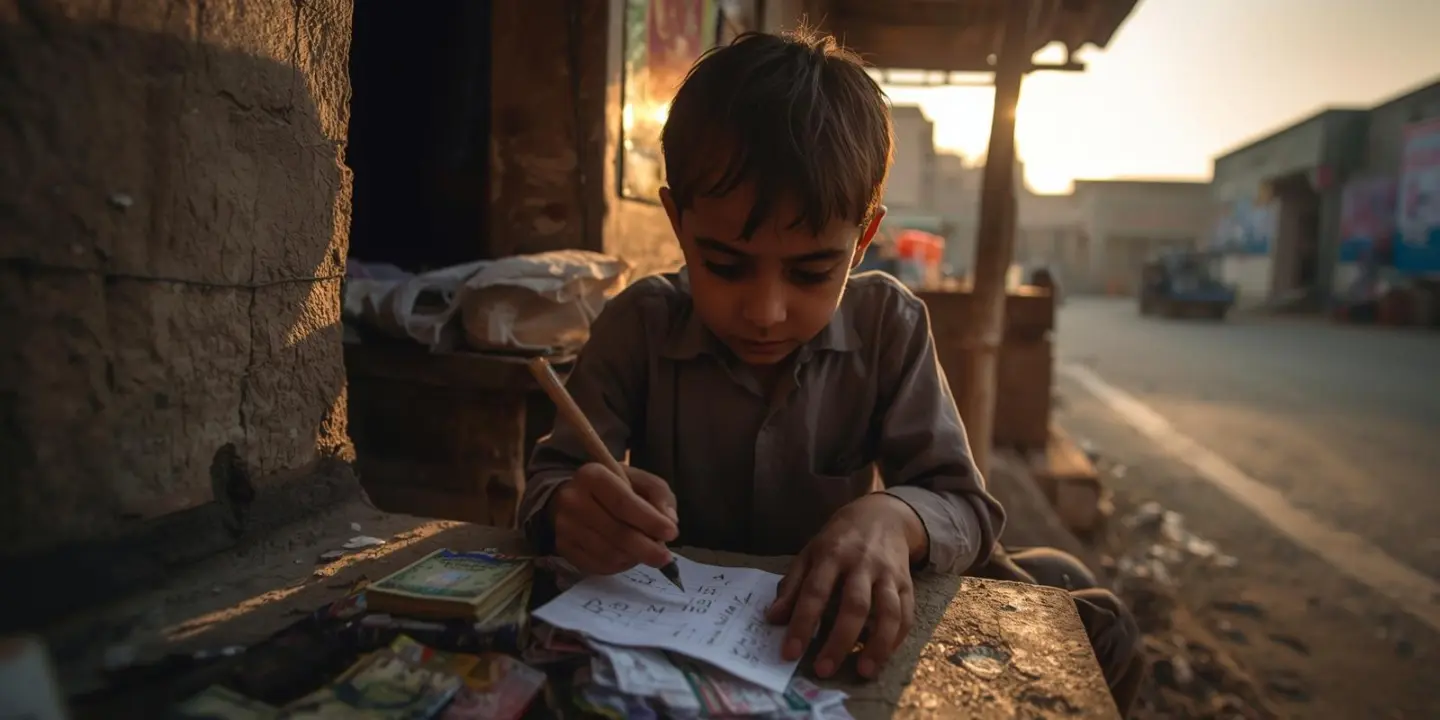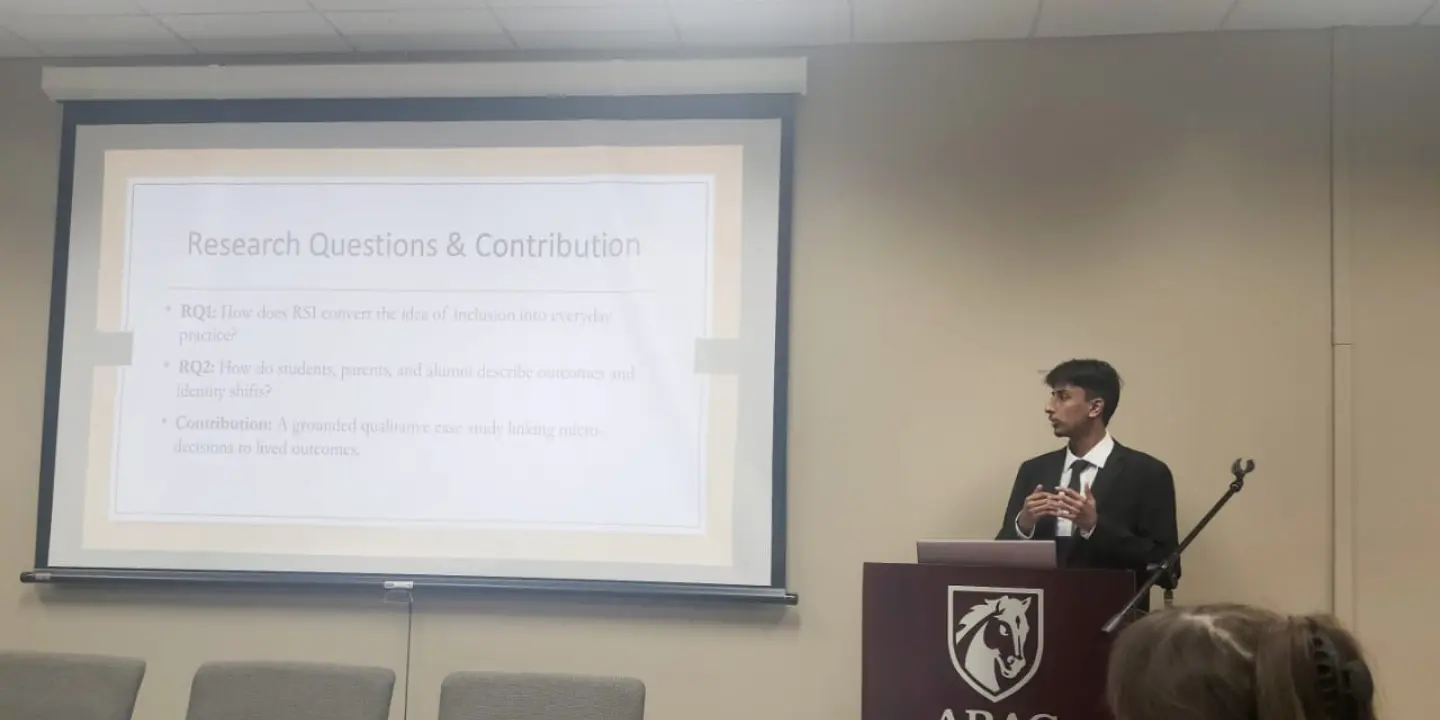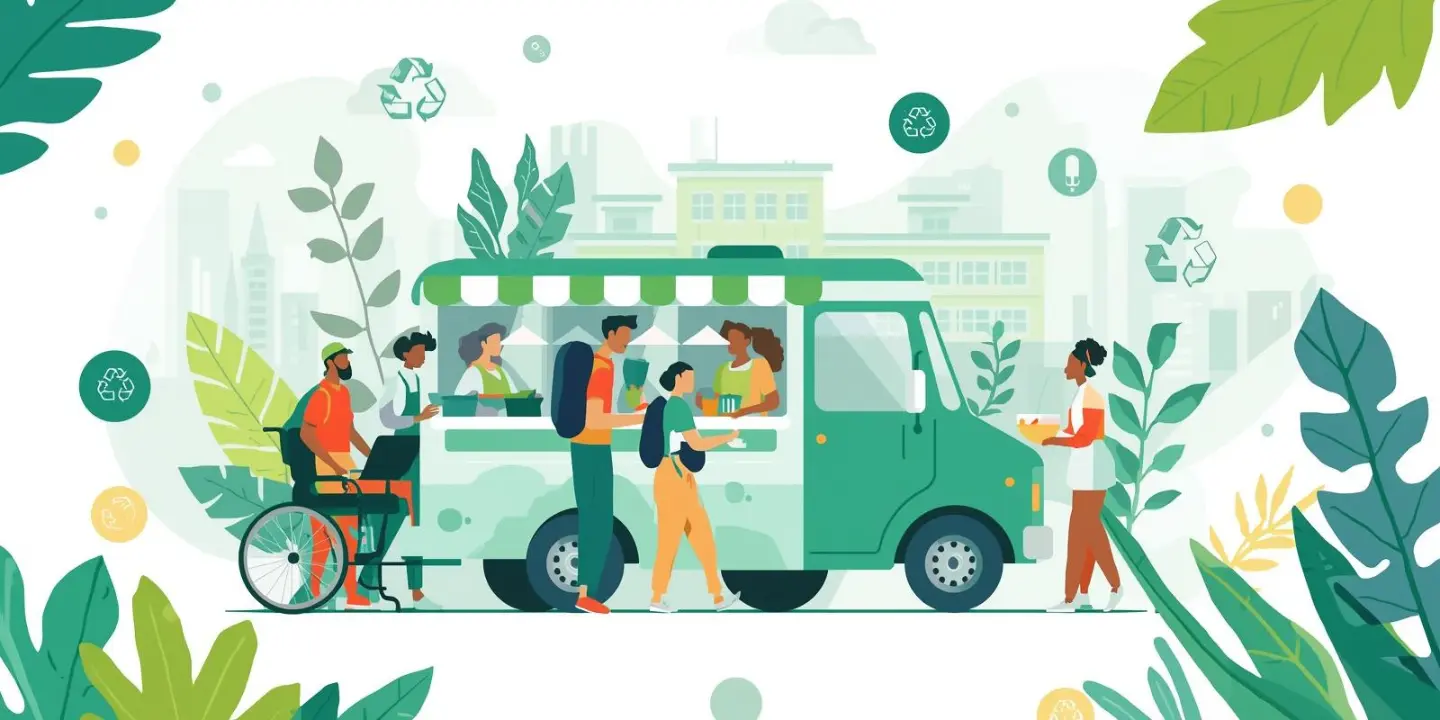Diving into the heart of informal learning reveals a hidden school with no walls, no bells, and no report cards, yet it shapes millions of childhoods in Pakistan. Market stalls become math class, bus routes become geography, and negotiation over wages becomes a crash course in economics that no textbook ever prints. The tragedy is not that these children learn nothing, but that everything they learn goes unrecognized, undocumented, and unrewarded by the systems that decide futures. Certificates gate jobs, and without them, talent is locked behind glass, admired in passing but never allowed to cross. We must name the problem clearly – survival learning is real but it is not a ladder. Bridge classes can translate lived skills into credit, flexible timetables can respect work seasons, and enrollment help can neutralize missing documents that quietly block entry. Teacher training can flip the script from deficit to prior knowledge, turning what children already know into a starting point instead of a scarlet letter. Communities can add transport support and meal programs so attending school is not a financial risk disguised as opportunity. This is not about praising resilience, it is about lowering the cost of hope so that every lesson learned on the street can count in a classroom.
Cracking this code demands courage because convenience prefers the status quo, where paperwork is easier than people. We need administrators who will publish simple re-entry rules, not labyrinths of forms that exhaust families before a child sees a desk. We need principals who treat catch-up as design, not punishment, building short sprints in reading and numeracy that reintegrate students fast. We need local leaders who see that a bus pass can be as powerful as a scholarship when the choice is school or food tonight. The invisible classroom has produced brilliance in silence long enough, and it is time to let that brilliance speak on transcripts, not just in markets. Progress will not be theatrical, it will be procedural – one placement test, one credential checkpoint, one schedule aligned to real life. When systems start counting what children already know, mobility stops being a miracle and becomes maintenance. The fortress of non-recognition cracks where policy makes recognition cheap and fast. That is how quiet learning finally becomes a public future.






